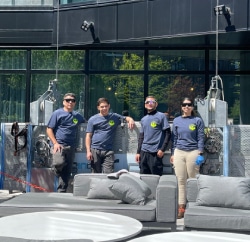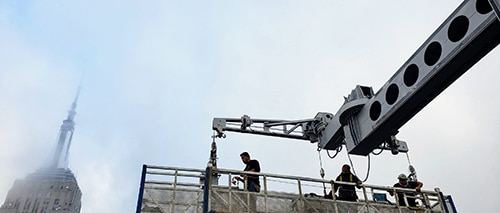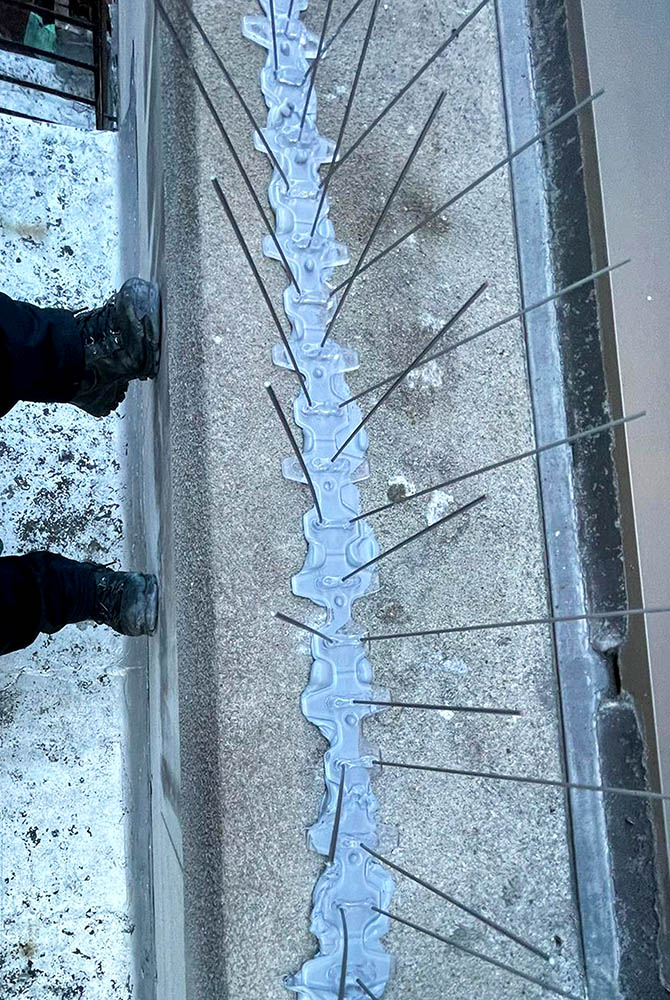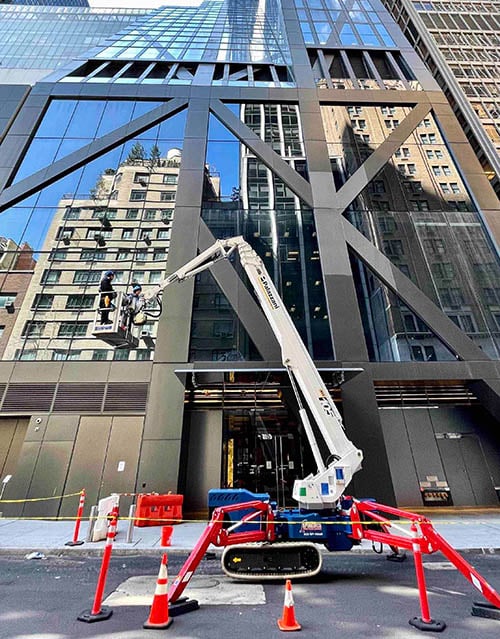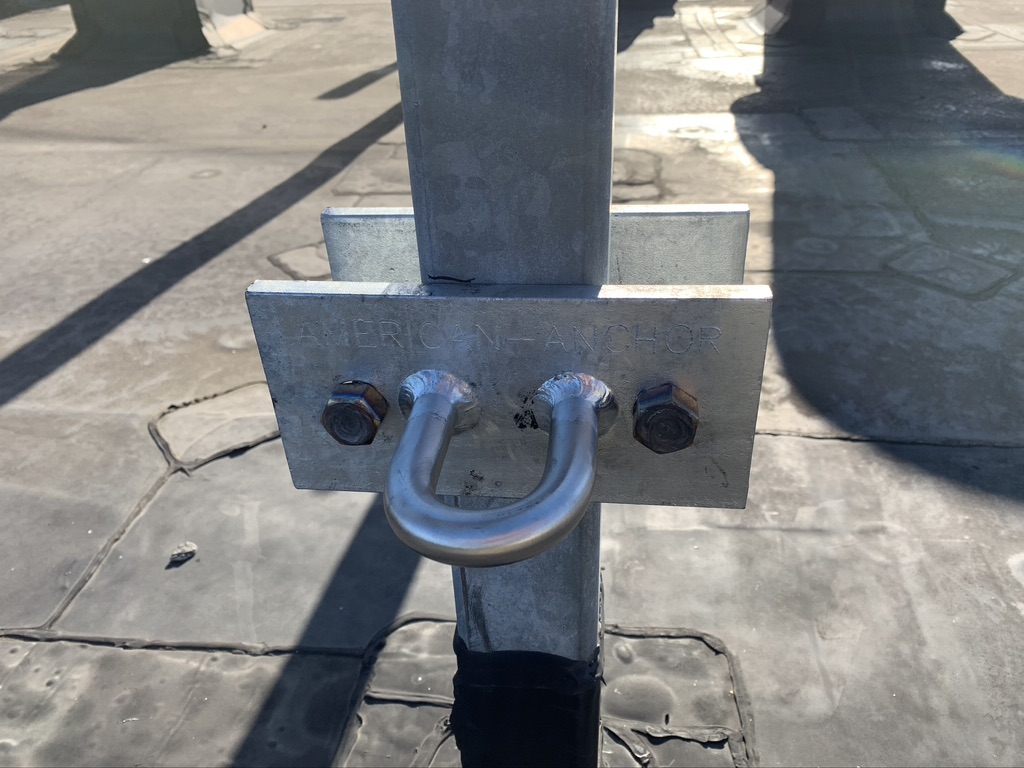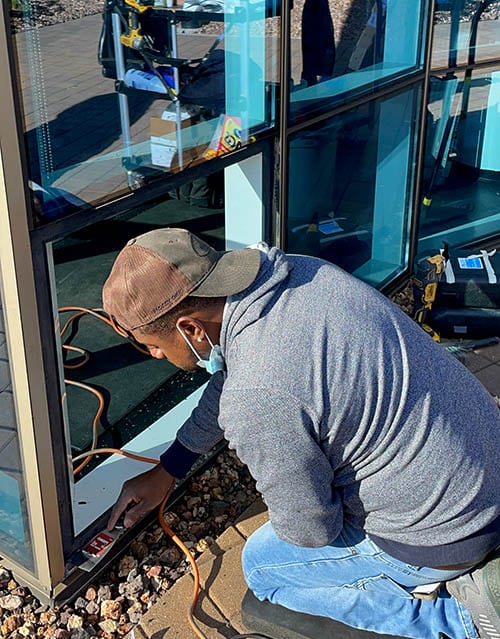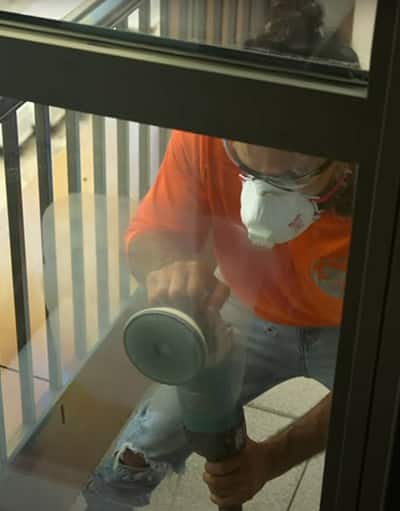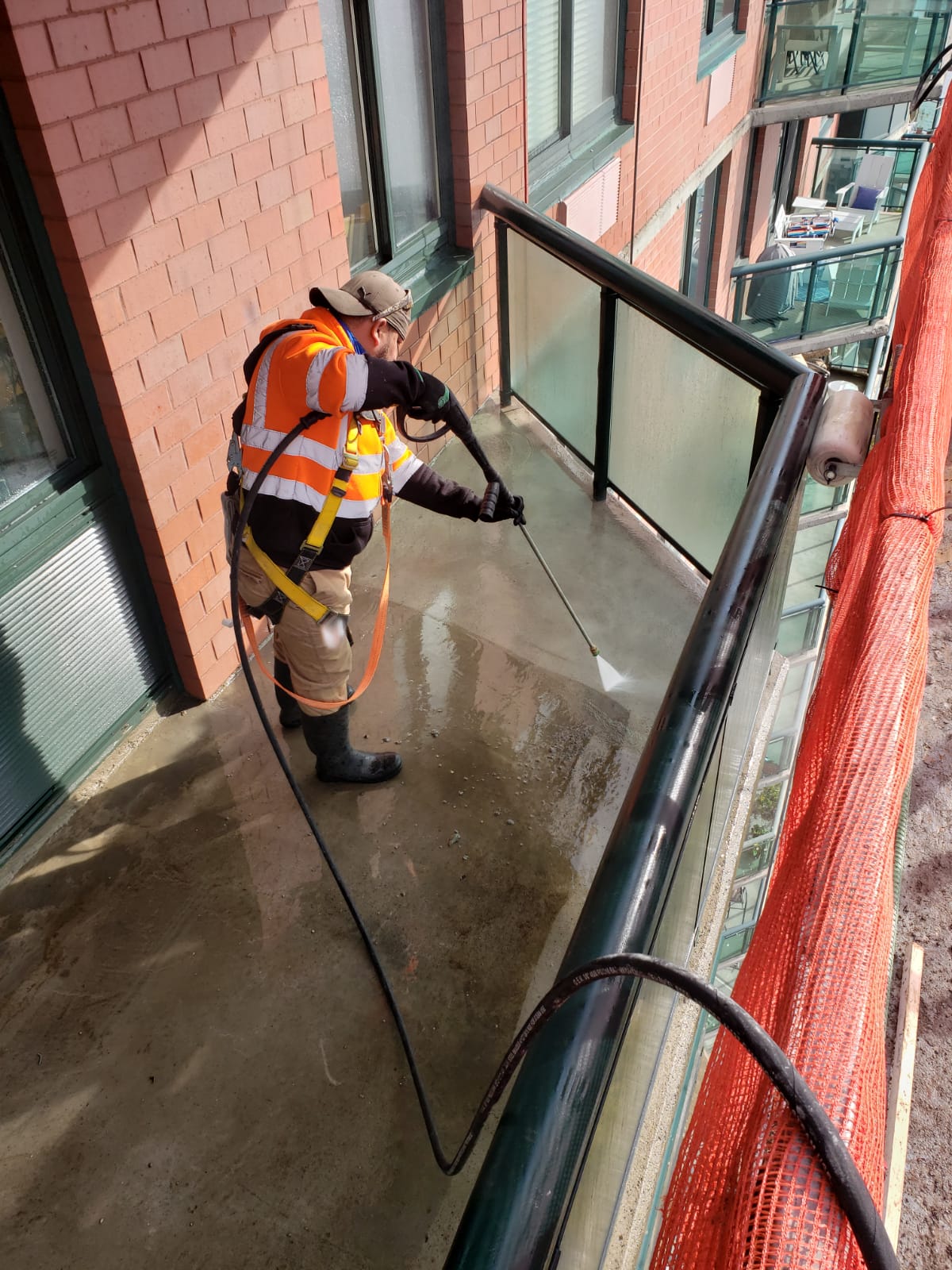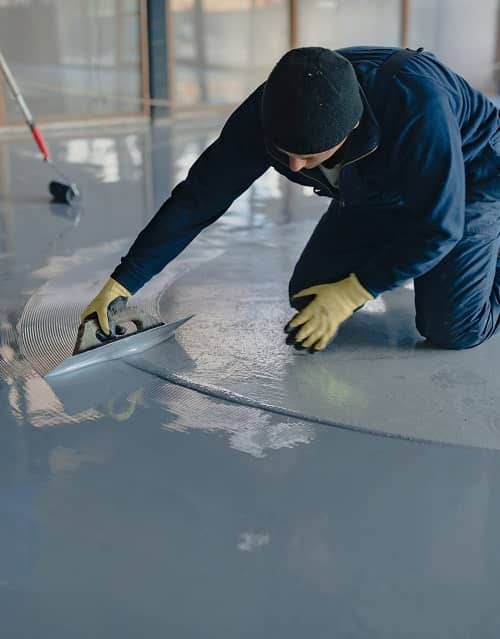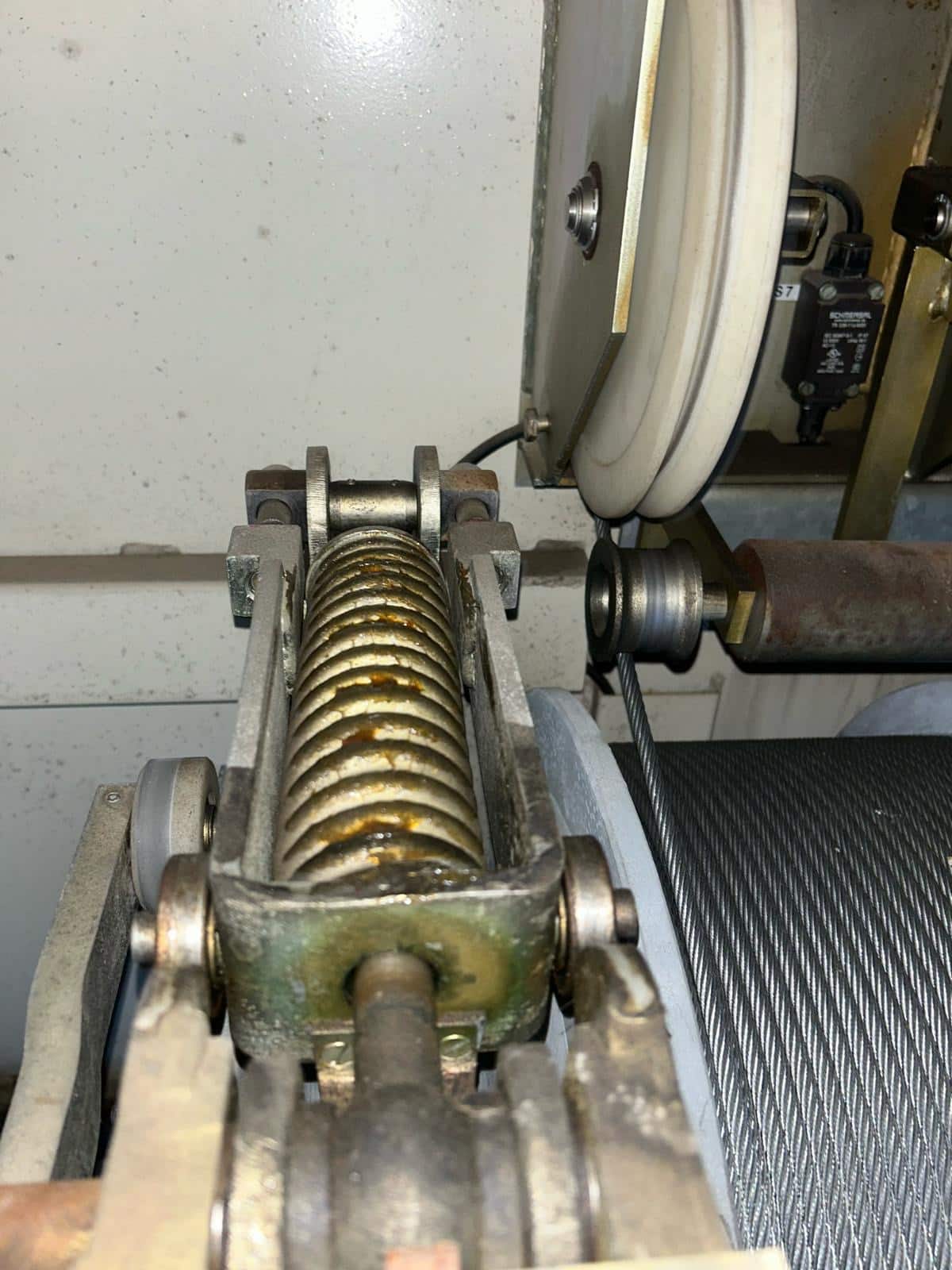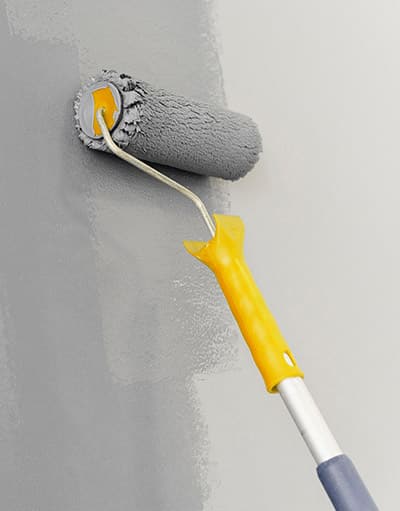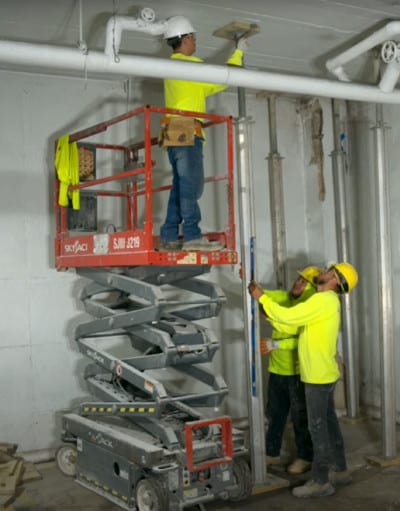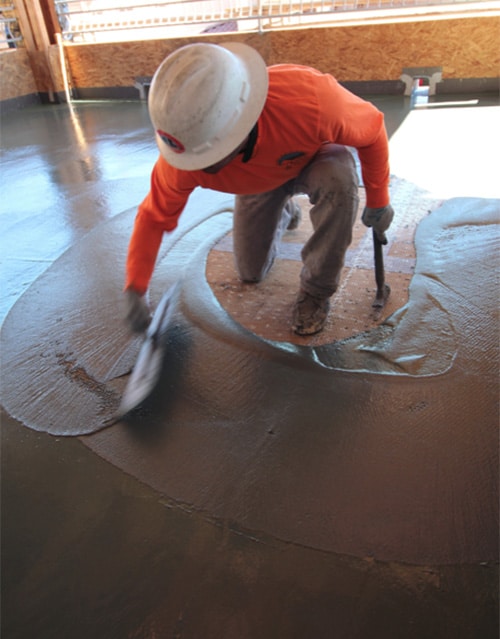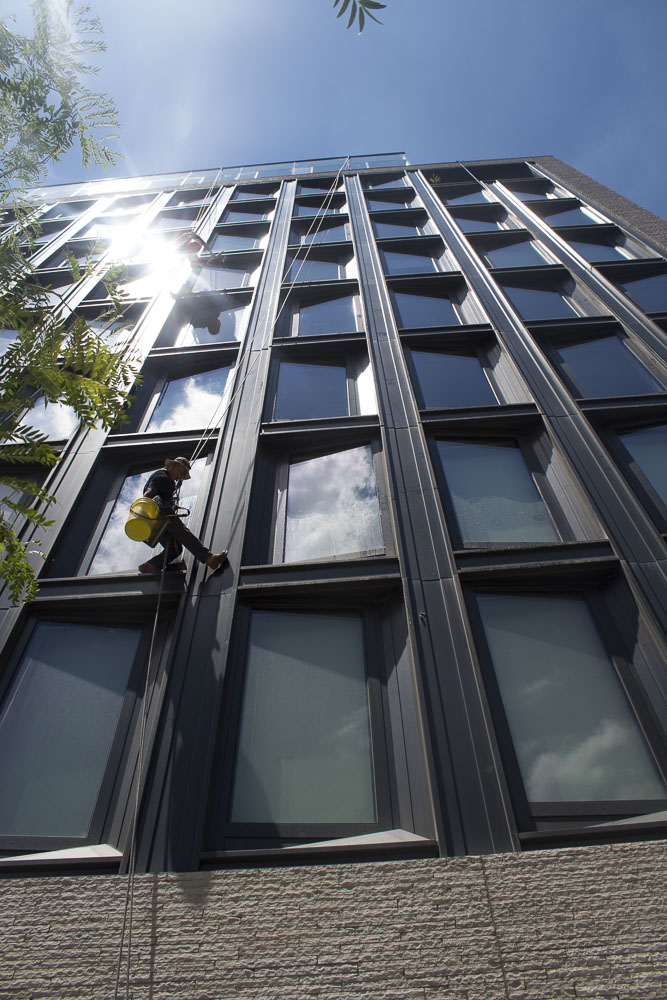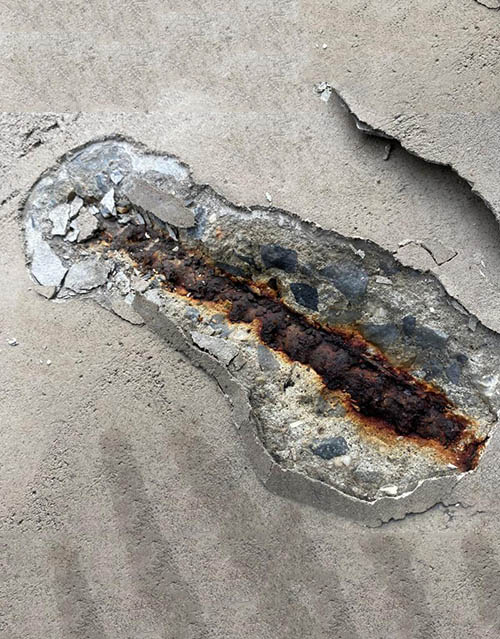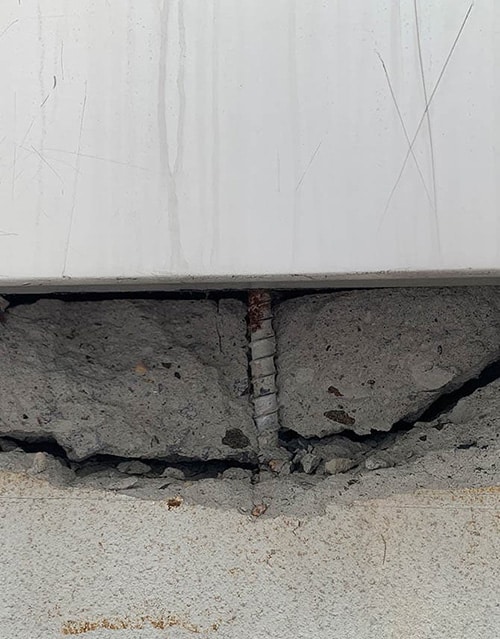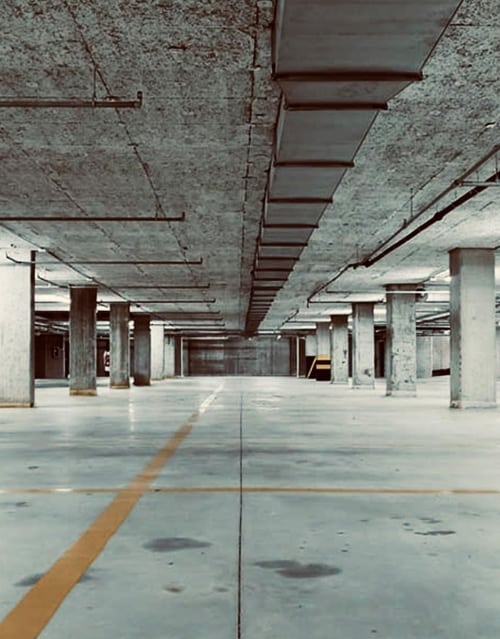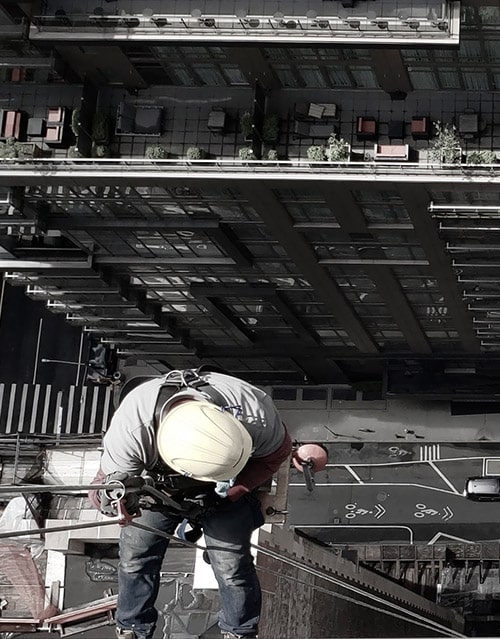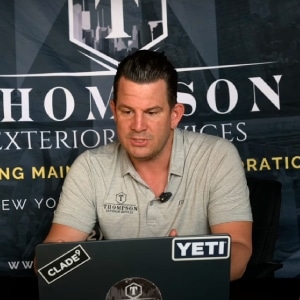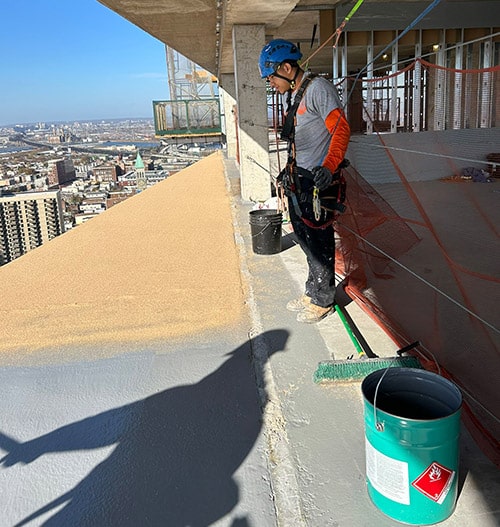As fall turns into winter in New Jersey, it’s crucial to get your HVAC system ready for the cold season. Proper preparation ensures your furnace or heat pump runs safely and efficiently when you need it most. Here’s how to prepare your HVAC system for winter’s chill:
Schedule a Heating Tune-Up Early
Don’t wait for the first freeze to discover an issue with your heating. Schedule a professional furnace or boiler maintenance in the fall, before temperatures plummet. A licensed technician will clean and inspect the system, check safety controls, and tune everything up for peak performance. Annual maintenance catches worn parts or potential problems early, helping you avoid mid-winter breakdowns. It also ensures your furnace is running at optimal efficiency, saving you money on heating bills.
Replace or Clean Air Filters
A simple but vital step is changing your HVAC filters regularly. During winter, a dirty furnace filter can restrict airflow, forcing your heater to work harder and less effectively. In fact, a clogged filter not only reduces efficiency but can also shorten your system’s lifespan. Most homes need filter changes every 1–3 months in winter. Check yours before the cold hits: if it looks dirty or gray, replace it. Clean filters keep air flowing properly and improve your indoor air quality.
Test the Thermostat and Controls
Before it gets too cold, test your thermostat and heating controls. Turn the heat on for a trial run on a cool autumn evening. Listen for the furnace firing up and feel for warm air from the vents. Make sure your thermostat accurately reads the temperature and signals the furnace. If you have a programmable or smart thermostat, update the schedule for winter comfort. Testing early gives you time to fix any calibration issues or replace thermostat batteries so you aren’t left shivering later.
Clear Vents and Check Airflow
Go through your home and ensure all heating vents, baseboard radiators, or return grilles are unobstructed. Move any furniture, drapes, or rugs that block airflow. This allows warm air to circulate evenly and prevents your furnace from overworking to heat blocked areas. Vacuum dust from vents and vacuum around the furnace itself. Also replace the humidifier pad if your HVAC system has a humidifier attachment, so it can add moisture to dry winter air efficiently.
Seal Drafts and Insulate Ducts
While prepping the HVAC, take a moment to seal up drafts in your home and insulate ducts in unheated areas. Gaps around windows, doors, and pipe penetrations let frigid air seep in, making your heater’s job harder. Air sealing and proper insulation can save up to 15% on heating costs on average. Likewise, if you have accessible ductwork in a cold attic or crawl space, make sure it’s insulated and any leaks are sealed with metal tape. This keeps the heat energy going into your rooms rather than being lost along the way.
Give the Furnace a Once-Over
Homeowners can do a basic visual check of the heating unit. Inspect the furnace area for any issues: is there clutter too close to the burner (clear it away for safety), any visible corrosion, or pooled water around a boiler? Replace the furnace filter as mentioned, and when the system is running listen for unusual noises or vibration. A healthy furnace should run with only a low hum. Loud banging or screeching sounds could indicate a blower or burner problem that needs professional attention. Similarly, a brief dusty or burning smell the first time you turn on the heat can be normal (dust burning off internal surfaces), but persistent strange odors like rotten eggs or electrical smells are a red flag to call for service.
Finally, check safety devices: make sure smoke detectors and carbon monoxide detectors have fresh batteries and are functioning. Your heating system (especially gas furnaces or boilers) produces combustion gases, so CO detectors are vital. Test each detector and have at least one on every level of your home.
By taking these steps to prepare your HVAC system for winter, you’ll enjoy a warmer, worry-free cold season. The effort you put in now – from a professional tune-up to simple filter changes and draft sealing – pays off with reliable heat and lower energy bills when New Jersey’s temperatures dip below freezing. A little preparation goes a long way toward keeping your family comfortable and safe all winter long.


